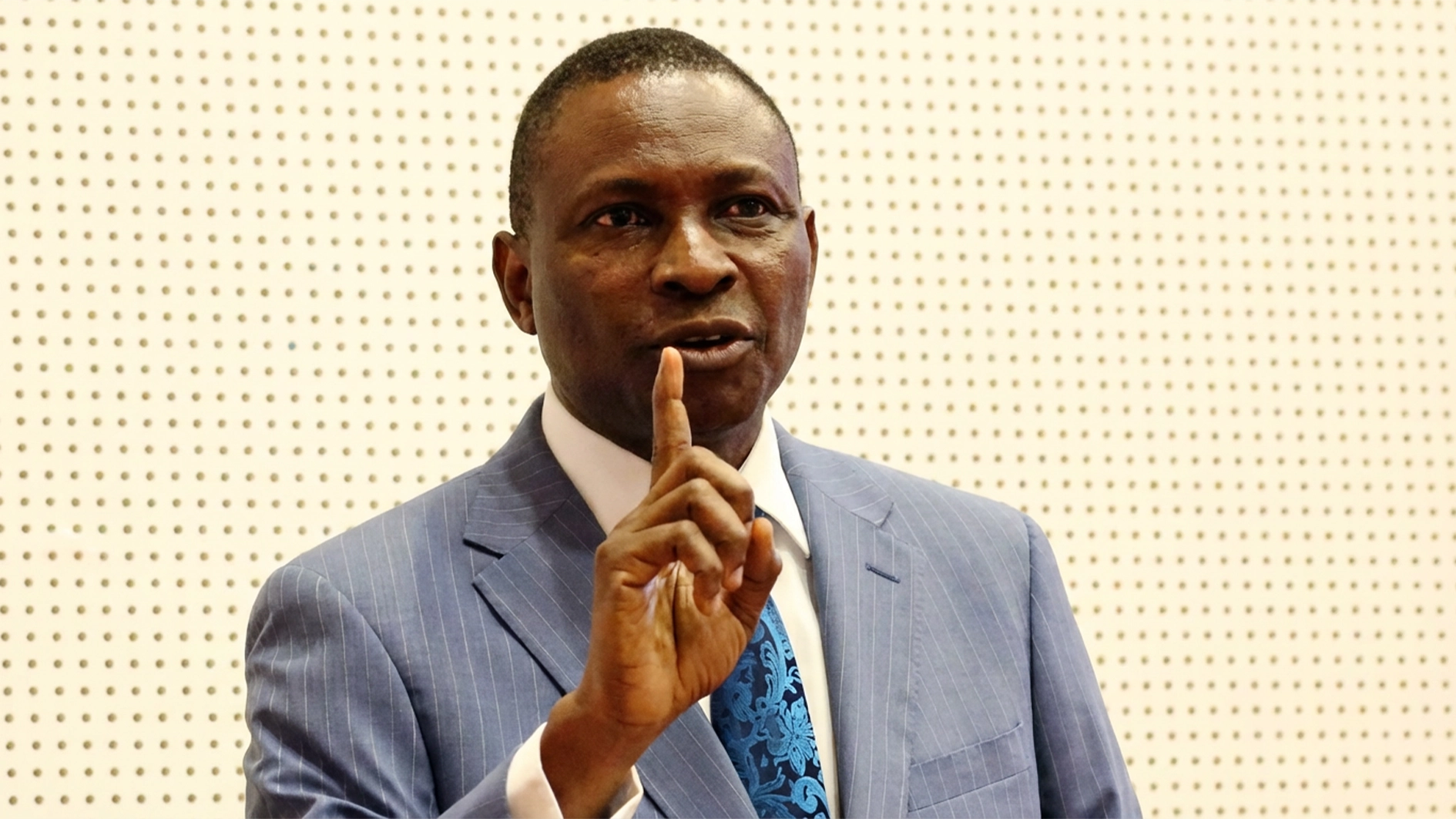The Lagos State Government has placed a ban on cart pushers collecting waste, according to the Commissioner for Environment and Water Resources, Tokunbo Wahab.
Wahab disclosed this during an interview on Arise News on Sunday morning, with the commissioner announcing that the Lagos State Government has an agreement with a company to turn 4,000 tons of daily waste into compost fertilizers, creating wealth.
Speaking on the state’s waste management reforms, he said Lagos has replaced the banned cart pushers with an organised waste system, explaining that the decision was made to promote a more structured and environmentally sustainable system.
“Lagos has banned those cart pushers. We had banned them in Lagos. And to say you banned them is not enough. You must let people see the timetable of what is in place that will replace them,” Wahab said.
“The ban is part of the state’s broader waste management strategy to ensure proper collection and disposal through an organised timetable.
Speaking further, Wahab also talked about open waste dumping in some areas of Lagos State, with the commissioner saying that the government is implementing innovative solutions to manage the city’s waste efficiently.
“The bulk of our waste in this part of the world are composts. And that’s why I said, if you notice Lagos had signed an agreement, even a consensual agreement with a company called Zoom Lion. And that is to convert 4,000 tons of our daily waste into compost fertilizers, which will be 55% of it. Then the remainder will be recyclable. Then what will end up in our landfills will be less than 5%,” he said.
Wahab disclosed that Lagos State is also taking steps to shut down notorious landfill sites in various locations.
“That’s why we’re saying we are decommissioning some landfills that have become notorious.” Wahab said, emphasising that Lagos is embracing a forward-thinking approach to waste management, with a focus on sustainability and innovation.
“These are long-term plans. Globally, there are challenges around waste management. But the truth is, you have to be forward-thinking to understand that linear waste management system is not sustainable,” he said.
“It’s not environmentally friendly. Hence, you must see waste beyond that waste. You must be able to see waste as a resource. And that resource is inexhaustible.”
Speaking further, Wahab said the government has always been committed to transforming Lagos into a cleaner, more environmentally responsible state through policies and programmes that make waste management both efficient and sustainable.






